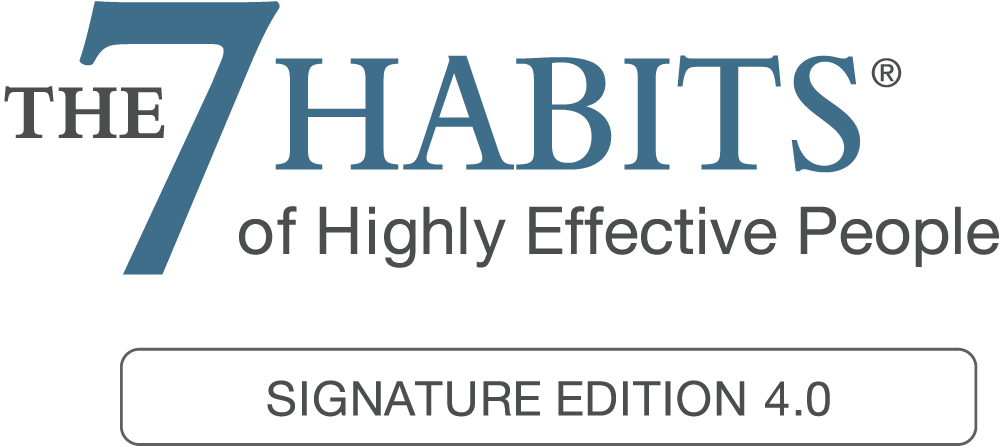Many people struggle with finding ways to work effectively so that their work hours are as productive as possible. Learning to work effectively, however, can positively impact not just your work days but also your personal mental health. If you find it challenging to be as effective as possible at work, there are many methods for increasing your effectiveness and you can choose which ones work best for you. In this article, we describe what it means to work effectively and provide options for how to work effectively, including ways to organize yourself, to-do list tips, methods for reducing distractions and stress and communicating better.

One of the best ways to work effectively with your colleagues is to communicate well
What does it mean to work effectively?
Working effectively means maximizing the time you spend at work so that you are productive when you need to be. It also means taking care to not have to work longer or harder than you need to in order to achieve your goals. Those who work effectively don't necessarily work longer hours or work harder all day than their coworkers, they just have a good understanding of how they work and how to schedule their time effectively.
Planning and scheduling your day to the best of your abilities in order to complete the tasks you need to complete while taking care of yourself and your stress levels is very important, especially for those who have a lot to do every day. Most people can't work at a hectic pace with maximum effort for an entire workday, so organizing yourself to work effectively can be very helpful.
How to work effectively
1. Keep yourself organized
Using organizational tools to manage your day is one of the best ways to work effectively. This can include using to-do lists, schedules, calendars, planners and apps that help you plan your time. It might take time to discover the right combination of organizational methods that are most helpful for how you think and work, but taking that time to find out can increase your productivity going forward. Researching what works for others and trying out different methods is a good way to find what works for you.
It's also important to remember that if an organizational tool isn't helping you personally, it's okay to try something else instead, even if others find that tool helpful. People's minds work differently and there are a lot of different working styles. Additionally, if you are neurodivergent, you may find that what works for neurotypical people around you may not work as well for you. Knowing yourself well is a good way to find how to stay organized in a way that you will maintain and use.
2. Use a short to-do list
A to-do list that is too long can feel overwhelming and unending, so instead using a short to-do list can help you stay organized but not overwhelmed. Concentrating on the top three to five things on your list can make your list seem more manageable and help you focus on the most important tasks. There may be other things you know you need to get to, and you may decide to write them down so you remember what they are. But the to-do list you keep accessible is usually most effective when you keep it short.
3. Create a routine
Whether you do similar tasks every day or you have more variety in your work, creating a routine can help you manage your time effectively and know what to expect every day. For instance, if you discover you often spend the first hour of every day answering emails or doing other administrative tasks because that helps you get into a more productive frame of mind, you may decide to plan on that being a set time for these tasks. Then you don't have to wonder what you'll start with.
You may also find that you are more productive at certain times of day compared with others and create a routine where your more difficult tasks fall in your more productive hours. Routines can be comforting and can help you avoid uncertainty about what you should be doing at any point throughout the day.
4. Communicate well
One of the best ways to work effectively with your colleagues is to communicate well. Miscommunication can lead to delays and problems with how work is done, so ensuring clear communication can help work get done more effectively. This means asking questions and getting clarity on tasks you are assigned as well as communicating clearly with those you are working with or delegating to. Communicating well can also prevent multiple people working on the same task without being aware of the work the others are doing.
5. Schedule your tasks
As you are creating a to-do list and forming a routine, you may find that you know the best time of day for you to work on certain tasks you have. Perhaps you can see that tomorrow you have four hours of uninterrupted time and three of them fall in the time of day you are most productive. You might decide to schedule your most important tasks for those three hours. Then you are minimizing disruptions that can make completing work more challenging and using what you know about yourself to find the right time to work on key tasks.
6. Prioritize your tasks
One thing that can be helpful when using a to-do list or other organizational methods to keep track of your tasks is to prioritize your tasks. To do this, you might rank your tasks using numbers, or you could group tasks in categories like "most urgent," "less urgent" and "not urgent." You can also organize tasks by how much effort they take, how much focus you need and how important they are. Whatever helps you prioritize your responsibilities best can be useful.
If you prioritize your tasks, it can help you decide what limited items belong on your to-do list and how to schedule your work on those tasks. For some, that might mean getting the most urgent tasks done first, but for others it might be working on the most urgent tasks when you can focus on them.
7. Avoid distractions
Avoiding distractions can make your work hours more effective. Distractions might be chats with your coworkers, social media, messages unrelated to work and many other things tied to your cell phone and the internet in particular. You may also find that as you're working on a more difficult project and trying to focus, you think of other things you need to do or want to remember. Anything that pulls you away from what you need to concentrate on can be a distraction, and that includes both work things and personal things.
Your inclination may be to stop what you're doing to deal with the new thing you just thought of, but that makes your current project take longer and isn't the most effective way of working. Something you can do to help with this is to create a distraction list on paper, on your phone or on your computer. Whenever something comes to mind that you want to take care of but don't want to interrupt your current work for, you can add it to the list and resolve it when you're done with the task you're trying to focus on.
8. Use your calendar to schedule work time
If you have a busy schedule with a lot of meetings or other demands on your time, it can be hard to find time to actually do the work you need to do. You may find it helpful to schedule time for yourself using your calendar. This can remind you of when you wanted to focus on a certain task, or it may just block out the time so that others can schedule you for meetings during that reserved time.
9. Be careful with multitasking
Multitasking can be helpful in some situations, but in other situations it's just a distraction. Be careful about when and how you multitask, so it doesn't take you longer two do two tasks at once than just doing them one at a time. There are times when it's okay to multitask and can actually be more productive, so you'll need to find out what is most effective for you at work.
For instance, you might find that you can listen to a meeting discussion and complete some administrative tasks at the same time and this saves you some time. But you might also find that you can't work on an important project and answer emails as they come in. Understanding what works for you and what is best for your current tasks is important.
10. Set up your next day
For many, deciding what to start when when you arrive at work can take some time. You may need to organize yourself, create a to-do list or decide on your priority tasks and often that can be time consuming. However, if you spend some time at the end of your work day organizing yourself for the following day, it can allow you to start working as soon as you arrive at work.
For instance, when you are done for the day, you probably have a good idea of what you'll need to do the next day. You can create a list of your top priorities and goals for the next day, as well as tasks you want to complete. Because it's all likely more fresh in your mind, it will probably take less time to write down and prepare.
11. Mark your progress
One of the best ways to encourage yourself to work more effectively is to mark your progress. As you achieve things throughout your day and complete tasks, you can cross them off your to-do list or recognize your progress in other ways that feel helpful. Recognizing that you've made progress throughout your workday can help you feel more eager to take on more and help you value the achievements you've had throughout the day.
Additionally, if you ever need details regarding your achievements for discussing during talk of performance reviews, possible raises or even a new job, you will have a record to look back on.
12. Reduce your stress
One excellent way to help you work more effectively is to reduce your stress. This may be challenging depending on the work you do, your personal life and your personality, but finding ways to reduce your stress can help you be more efficient, feel more satisfied about your work and have an easier time relaxing when you're not at work. There are many ways to reduce stress, including mindfulness, exercise, short breaks and many other types of self-care. Find what works for you and use it to remain calm throughout your workday.
|
Training Program
|
||||||||||||||||||||||||||||||












